Ragwalla
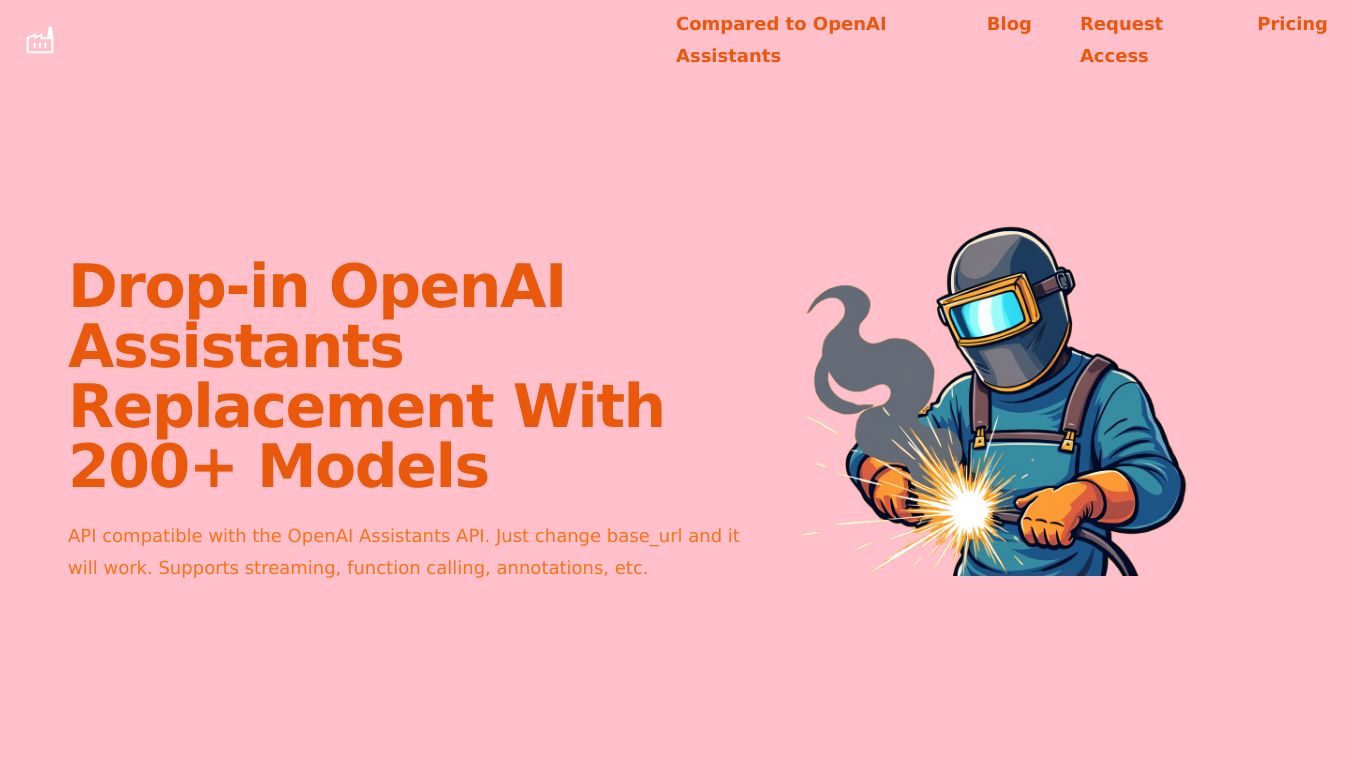
Ragwalla.com offers a strong alternative to the OpenAI Assistants API, fixing its issues while adding more features and benefits.
Key Features
Ragwalla has several standout features that make it a strong competitor:
API Compatibility: It works well with existing OpenAI integrations. Just set the
base_urloption when starting the OpenAI class.Document Storage: Ragwalla supports 500 times more document storage than OpenAI. This means you can build larger knowledge bases.
No code Interface: You can create powerful client AI applications without writing any code.
Developer first Platform: Ragwalla lets you use OpenAI SDKs and get direct engineering support when needed.
Predictable Pricing: The pricing is simple with no hidden fees. You pay only for what you use.
Advanced Features: Includes function calling, streaming responses, batch file processing, citations, and annotations.
Benefits
Ragwalla was built to overcome several limitations of the OpenAI Assistant:
Transparency: Unlike OpenAI''s Assistant, Ragwalla offers more transparency.
Scalability and Configurability: Ragwalla has better scalability and configurability, avoiding single points of failure.
Technical Support: Ragwalla provides better technical support compared to OpenAI''s Assistant.
Model Support: Ragwalla offers broader model support.
Use Cases
Ragwalla introduces a multi store Retrieval Augmented Generation (RAG) architecture. This supports parallel querying across multiple vector stores. Each store can handle up to 5,000,000 vectors, which is 500 times the capacity of OpenAI''s current limit.
Key Technical Advantages
Parallel Retrieval: Queries run at the same time across all configured vector stores. This reduces latency.
Segregated Knowledge Domains: Different vector stores can maintain separate semantic spaces. This improves retrieval precision for specific queries.
Scalability: The large vector capacity per store, combined with multi store support, allows for a virtually unlimited knowledge base size.
Implementation Considerations
Query Orchestration: Design your retrieval layer to handle concurrent queries efficiently. Consider implementing timeout mechanisms and failure handling for individual store queries.
Result Aggregation: Develop a strategy for combining and ranking results from multiple stores. Simple approaches like round robin or score based merging can work, but more sophisticated methods might consider store specific weights or context aware ranking.
Vector Store Selection: Different stores may be optimal for different content types or query patterns. Consider allowing per store configuration of embedding models and similarity metrics.
Ragwalla''s multi store RAG system is great for developers building modern LLM applications. It enables them to access and reason about vast amounts of domain specific knowledge.


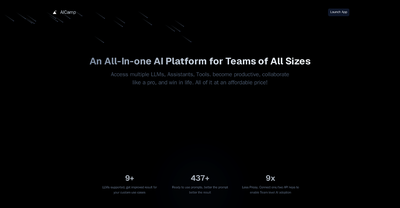
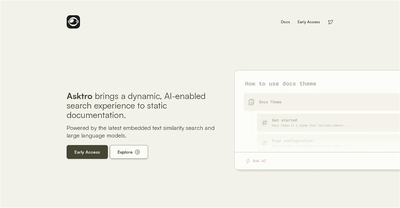
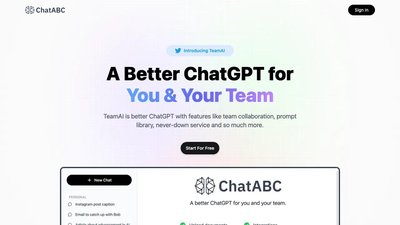
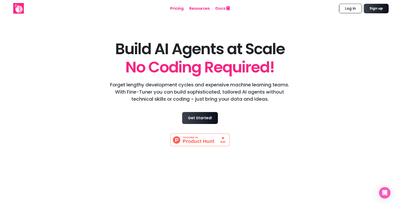
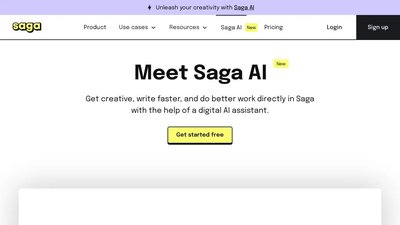
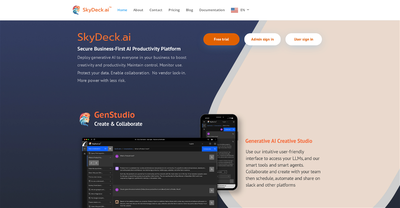
Comments
Please log in to post a comment.